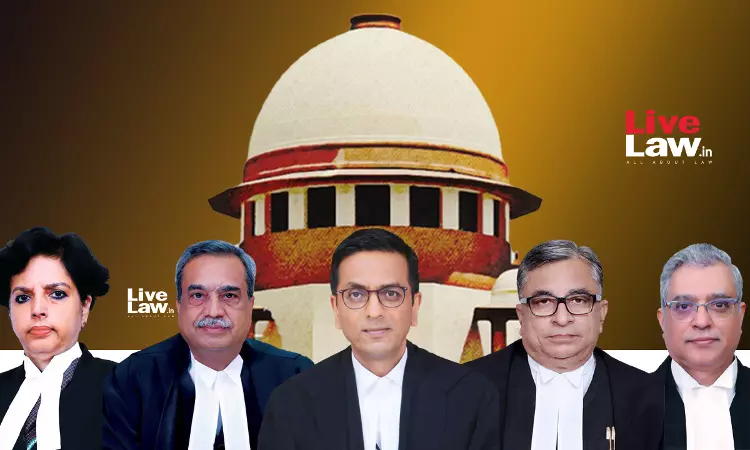Uddhav Thackeray vs Eknath Shinde : Why Supreme Court Said It's A Tough Constitutional Issue To Decide?
LIVELAW NEWS NETWORK
15 Feb 2023 1:45 PM IST

Next Story
15 Feb 2023 1:45 PM IST
While hearing the case related to the rift within the Shiv Sena party, a Constitution Bench of the Supreme Court on Wednesday orally observed that one of the issues is a "tough constitutional issue to decide".One issue which has been referred to the Constitution Bench is the correctness of the view taken by the Supreme Court in its 2016 decision Nabam Rebia vs Deputy Speaker that a Speaker...
